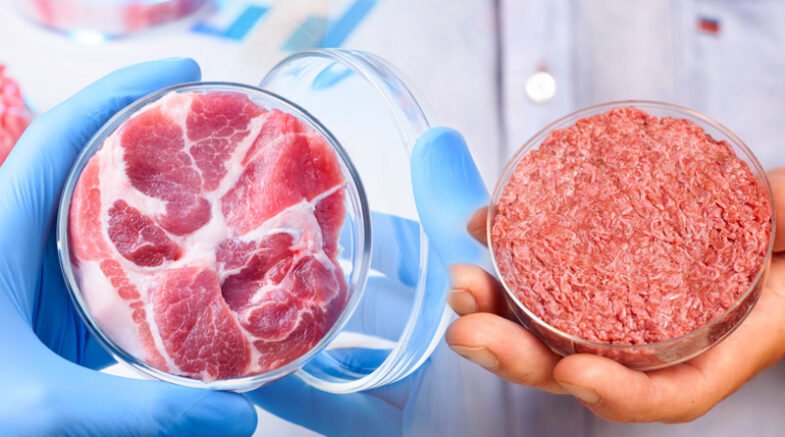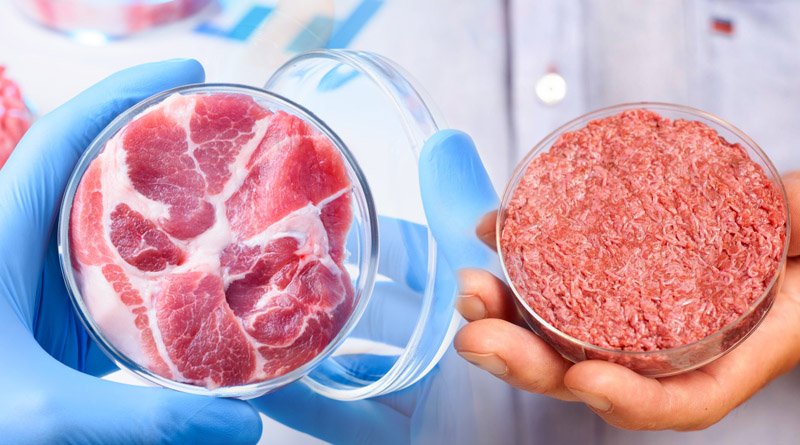The first facility for production of cultivated meat in the nation is being built in Penang by a domestic business called Cell AgriTech Sdn Bhd, and it will cost about RM20 million.

In just two more years, Malaysia could produce its own locally raised meat. The first facility for production of cultivated meat in the nation is being built in Penang by a domestic business called Cell AgriTech Sdn Bhd, and it will cost about RM20 million.
The plant owned by Cell Agritech will initially concentrate on raising fish meat, particularly premium cuts like some species of tuna and eel, with the goal of selling it for a comparable price to meat obtained from slaughtered animals.
“Previously, this ice was known as artificial ice, but now we just name it ice,” Cell AgriTech founder and vice president of manufacturing Jason Ng Chin Aik said as he pointed to a slideshow image of ice made in a refrigerator.
Ng was a speaker at Malaysia’s first conference on cultured meat, which was held today at the Kuala Lumpur Convention Centre and was organised by Cell AgriTech and Bioeconomy Corporation. “Likewise with meat from farms. We may refer to it as “cultivated meat” or “artificial meat,” but eventually we will just call it “meat,” just like we do with ice. In a device known as a bioreactor, meat from animal stem cells is grown for production of cultured meat. According to Ng, growing food in a bioreactor is not a novel idea because dairy products like cheese are also grown in bioreactors.
Cell Agritech wants to production of cultivated meat and to stock them on local shelves by 2025, despite the fact that industry regulations are still unclear. According to Ng, work on the company’s plant will start in May of this year and be finished by the end of 2024.
At the conference, Datuk Arthur Joseph Kurup, the deputy minister of science, technology, and innovation, stated that according to the most recent “research and markets” projections, the global market for cultivated meat will increase from US$176.48 million (about RM791.87 million) in 2022 to US$321.71 million (about RM1.44 billion) in 2027.
In 2020, Singapore became the first nation to authorise the sale of products made from cultivated meat. The product is still being evaluated by the US Food and Drug Administration and its Department of Agriculture.
Ng was also questioned regarding the halal certification of Cell AgriTech’s products. He stated that the industry is still in its early stages in the country and that the government has not yet decided how cultivated meat products will be subject to halal certification and other food-related laws.
He stated, “We are hosting a number of roundtables to engage with industry stakeholders and regulatory industries on what this Halal certification process could look like.
He also said that the purpose of today’s meat conference is to provide the authorities with more information so that progress can be made more quickly. Attendees included representatives from a number of national universities, the Malaysian Department for Islamic Development, the Ministries of Health, Agriculture, and Food Security, as well as the Ministry of Science, Technology, and Innovation.
Ng argued that meat from farmed animals was healthier because it was purportedly free of antibiotics and zoonotic diseases. Additionally, he noted that since many inedible animal parts are typically discarded after slaughter, cultivated meat can reduce food waste.
The stem cells in the bioreactor are fed a “Gatorade-like solution,” according to Mihir Pershad, founder of Singapore-based Umami Meats, which is sharing its technology and knowledge with Cell AgriTech. “Sugars, amino acids, and vitamins are the fundamental building blocks for cell growth. Cells lack a stomach, so they are divided into their constituent parts.
The amino acids and sugars in traditional pharmaceutical suppliers come primarily from soy and corn, respectively—large commodities, he claimed. He continued by saying that Cell Agritech is currently vetting potential environmentally friendly suppliers.
The plant in question, according to Mihir, will use “immortalised cell lines,” which enable the business to continuously grow meat for “decades” after obtaining cells from a single slaughtered animal source.
